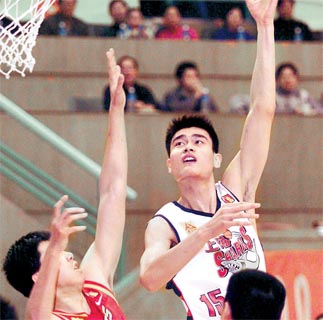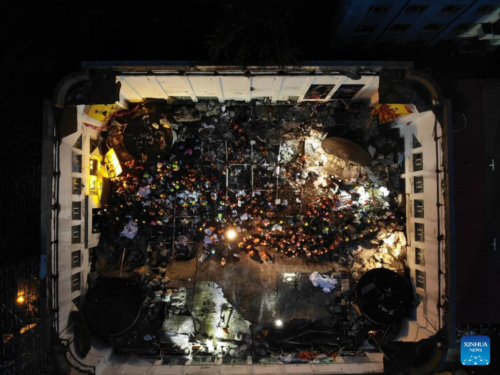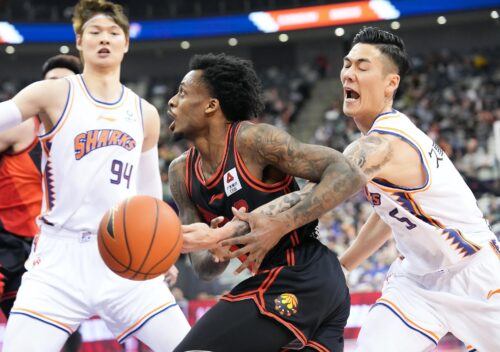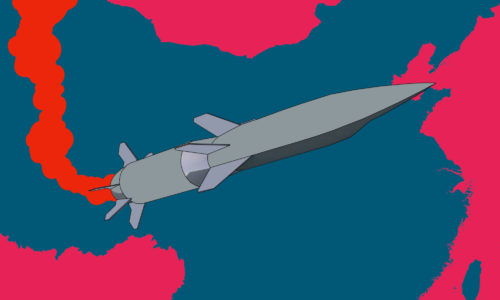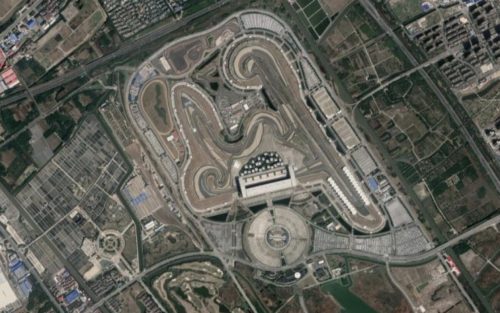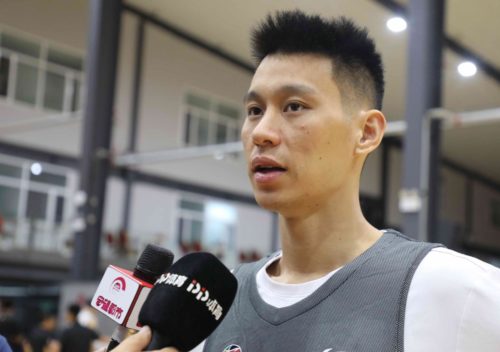U.S.-born Kyle Anderson becomes China’s first naturalized basketball player
In preparation for the upcoming games, Anderson reportedly has already arrived in Slovenia to train with his Chinese teammates. Meanwhile, Nike announced on Chinese social media this week that it had offered Anderson an endorsement deal.
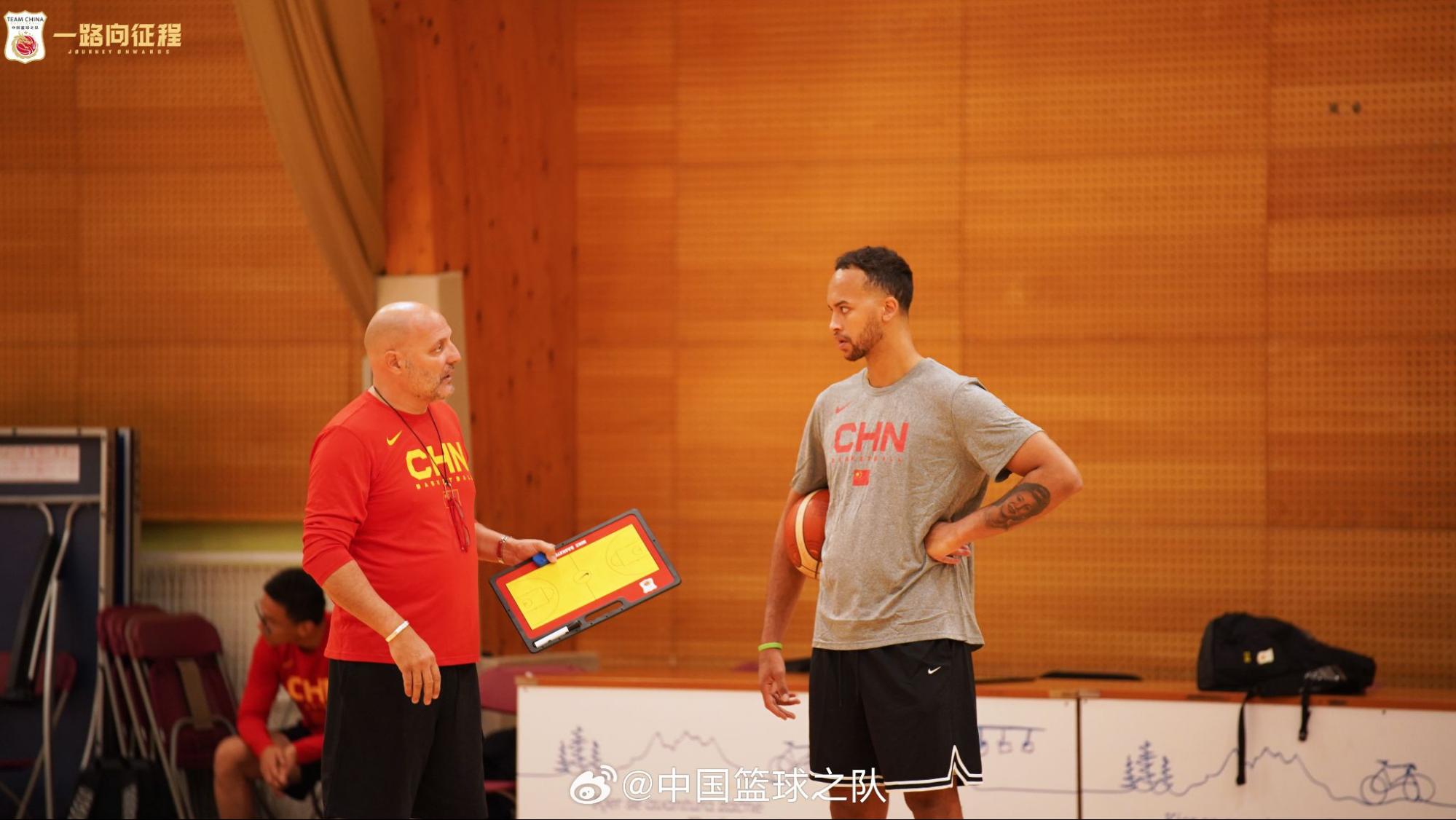
New York native Kyle Anderson, who currently plays for the Minnesota Timberwolves in the NBA, has been included on China’s squad for the upcoming FIBA World Cup after becoming a naturalized citizen of the country.
The 29-year-old forward, whose Chinese name is Lǐ Kǎiěr 李凯尔, is the latest addition to a growing list of foreign athletes who have opted to compete for China at international competitions. He is the first basketball player to make that decision.
“Welcome, Li Kai’er! Thanks to facilitation and support from various individuals and groups, Li Kai’er has obtained Chinese citizenship this morning,” the Chinese Basketball Association (CBA) announced on Monday in a Weibo post, which included a photo of Li and his mother with Yáo Míng 姚明, the former Houston Rockets star and current president of the CBA.
In a short video shared to Weibo, which has racked up over 3.8 million views so far, Anderson confirmed the news. “I’m so happy to announce that I’ll represent China in the World Cup. [I am] really proud and honored to wear the Team China jersey,” he says while calling on fans on Weibo to follow him for more updates regarding his new adventure. “Thank you, everyone! Much love!”
Born in New Jersey and drafted as a first-round pick by the San Antonio Spurs in 2014, Anderson has had a successful career in America’s premier professional basketball league. After playing for multiple teams, including the Memphis Grizzlies, Anderson — who is nicknamed “Slow Mo” due to his deliberate play style — is now with the Minnesota Timberwolves. During the 2022–23 season, Anderson played 69 games for the Minneapolis-based team, starting 46 of them and averaging 9.4 points per game.
Prior to the official announcement on Monday, rumors about Anderson applying for Chinese citizenship had been swirling for months. According to local media reports, Chinese sports authorities started scouting potential foreign basketball players for naturalization in the fall of 2022, as the national men’s basketball team needed a boost to help them qualify for the 2024 Summer Olympics in Paris.
At the time, Chinese sports officials believed that “not having a naturalized player would put the team at disadvantage,” especially given that its neighbors Japan and South Korea both have used this method to make their teams stronger, an anonymous person familiar with the matter told China News Weekly.
Toward the end of last year, after being reelected as CBA’s chairman, Yao publicly endorsed the practice, stressing that the process would “comply with China’s regulations” and that the chosen person has to fit in with Chinese teammates “technically and culturally.”
Anderson appeared to fit the bill perfectly. Courtesy of his mother’s grandfather, who was originally from Shenzhen and moved to the U.S. in the early 20th century, Anderson is one-eighth Chinese. In a 2018 trip that was extensively reported by local media, Anderson and his mother returned to a village in Shenzhen to meet with long-lost family members and learn about their Chinese ancestry.
“Once I arrived and saw the place where my great-grandfather lived for the first time ever, I was so excited that I could not express my feelings through words,” Anderson wrote in his first-ever Weibo post in August 2018. Since then, the NBA player has been communicating with his Chinese fans regularly on the platform, updating them on his American life and sending greetings on important Chinese holidays like the Lunar New Year and Mid-Autumn Festival.
While Anderson’s talent would certainly help Team China improve on the court, his Chinese roots also mattered to Chinese officials, according to Tobias Ross, a doctoral researcher at the University of Nottingham and a consultant for international sports marketing projects.
“After the somewhat chaotic naturalization efforts in football, sport officials are advised to recruit athletes with Chinese heritage and sincere interest in the country,” he told The China Project. “Anderson’s trips to China in 2012 and 2018 and his authentic interest in the country and family heritage surely influenced the decision of China’s sport administration.”
Anderson’s first game representing China is rumored to be for the FIBA Solidarity Cup, an invitational tournament slated to take place in Shenzhen on August 20 and 21. Later that month, the Chinese national team will head to Manila for the World Cup, where it’s scheduled to face South Sudan, Serbia, and Puerto Rico in the group phase.
The International Basketball Federation (FIBA), the world governing body for basketball, allows teams to field one naturalized player on their roster. It is unclear now where Anderson’s American citizenship stands — China typically does not recognize dual citizenship and demands that its nationals give up their other passports. Ranked No. 27 in the world by FIBA, the Chinese men’s basketball team failed to qualify for the 2020 Summer Olympics in Tokyo, which marked its first absence at the event since 1984.
“Chinese basketball is not in good shape in recent years. There is a large match-fixing scandal disrupting the league and after a disastrous World Cup on home soil in 2019 and consequently missing qualification for the Olympics in Tokyo, China’s basketball officials are under pressure to deliver for the upcoming World Cup,” Ross said. “Also, basketball is massively popular in China, and this even increases pressure to deliver.”
For Anderson, who hasn’t made an international roster in his career before, representing China might be his best chance to participate in an Olympic Games.
In preparation for the upcoming games, Anderson reportedly has already arrived in Slovenia to train with his Chinese teammates. Meanwhile, in the wake of Anderson’s naturalization, sportswear giant Nike announced on Chinese social media this week that it had offered Anderson an endorsement deal.
China has strict policies regarding naturalization — at least in theory. However, locked in a global race for sports talent, China has in recent years ramped up its efforts to recruit foreign-born and -trained athletes through naturalization.
Among them is Nico Yennaris, a U.K.-born professional soccer player of mixed Cypriot-Chinese ancestry, who became the first-ever naturalized citizen to join the Chinese men’s national soccer team in 2019. There’s also Nina Schultz, who was born in Canada and became China’s first naturalized track and field athlete ahead of the Tokyo Olympic Games.
But perhaps the most notable is U.S.-born freestyle ski star Eileen Gu, who won two gold medals while representing China at the Beijing Winter Games. Despite her sporting success, much of the discourse surrounding the 19-year-old skier has been focused on her nationality, as Gu has repeatedly dodged questions regarding her citizenship, fueling speculation that she didn’t actually renounce her U.S. passport to compete for China under special treatment, as well as criticism from nationalists from both countries.
“Naturalization is always tricky, not just in China and the U.S. By definition national teams represent only one nation and don’t really allow for people who might feel home in more than one country due to their family background or migration,” Ross said. “Further fueled by an increasingly heated Sino-U.S. relationship and her mass media appeal, the case of Eileen Gu has shown that some people want these athletes to pick a side.
“However, previous cases in football and ice hockey have demonstrated that Chinese people value cultural interest and affection for China over the athlete’s place of birth and even welcomed athletes without Chinese heritage,” he added. “I feel authenticity is key here. Anderson and Gu are both American-born Chinese with an authentic interest in both cultures.”

